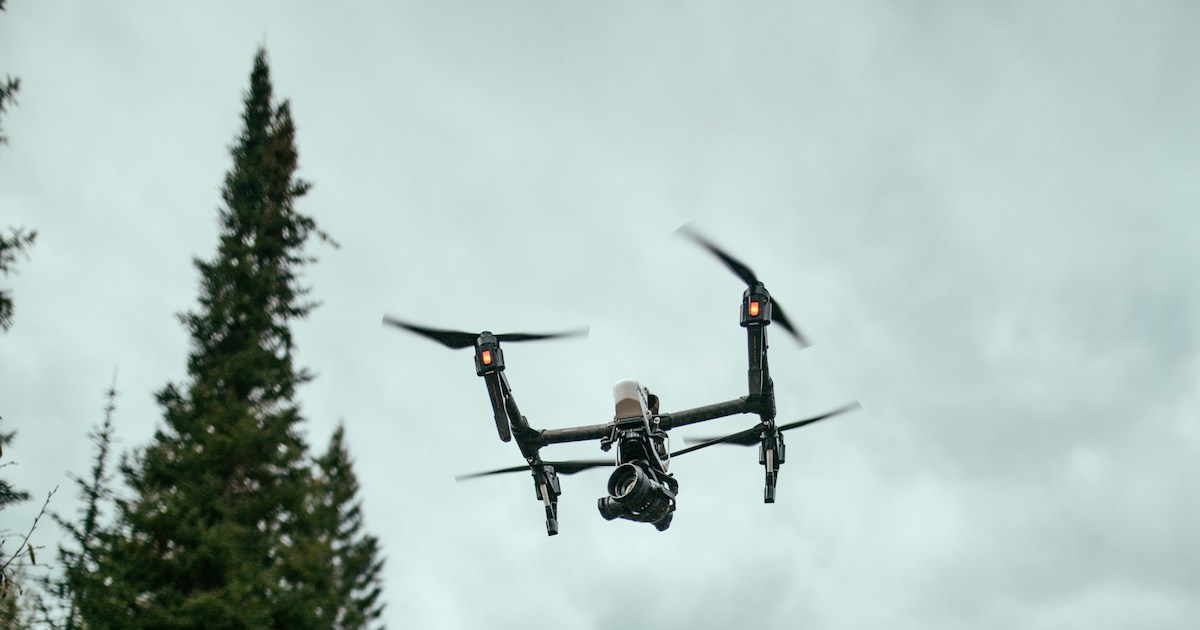
A project building a specialised medical drone at the University of Sydney has received A$3.6 million ($2.3 million) in funding.
Backed by a strategic partnership between the university and health sector-focused ASAC Consultancy, the Wildu Aero Project is developing a hydrogen-fuelled vertical take-off and landing (VTOL) unmanned aerial vehicle (UAV) for carrying medical cargo.
What sets this drone apart from existing ones, Dries Verstraete, the project lead and an associate professor at the university claimed, is its sustainability and ability to fly greater distances using a triple hybrid fuel-cell-based system.
WHY IT MATTERS
The drone project intends to help address health inequities for Australia’s rural and isolated communities, particularly First Nations.
It will assist local primary health networks to provide care and complement telehealth, pathology, and pharmaceutical delivery services. It will also support emergency and disaster management operations, especially during infection outbreaks and flooding.
By extension, it will also enable the early detection, prevention, and treatment of health conditions endemic to rural and remote Australia, including sepsis.
ON THE RECORD
“Huge areas of Australia do not have easy access to medical care. Current technology doesn’t allow drones to cover the required distances while being sustainable, hydrogen-fuelled and emissions-free. Our mission is to create a hydrogen-fuelled carbon-neutral VTOL UAV that can carry medical cargo while providing unparalleled range,” said A/Prof Verstraete, who is also a member of the University of Sydney’s Net Zero Initiative and School of Aerospace, Mechanical and Mechatronic Engineering.
Credit: Source link







